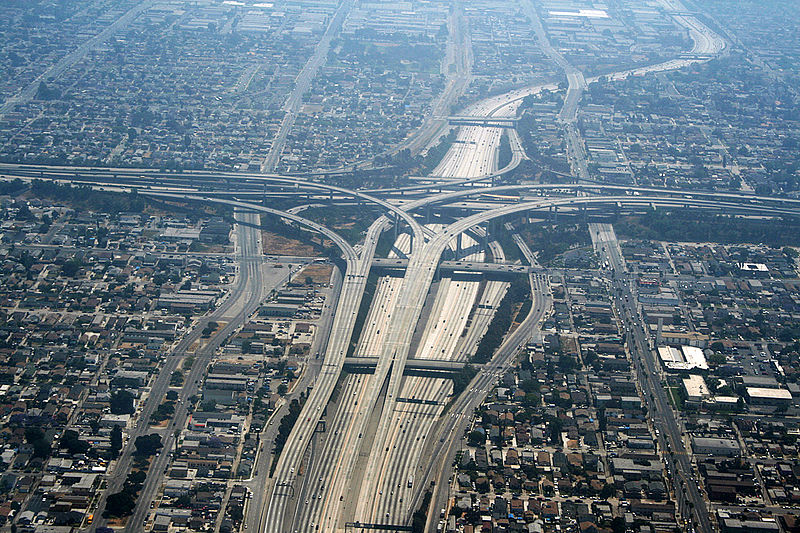
"A decentralized network that routed messages from place to place using addresses that had nothing to do with physical locations." (Image by Remi Jouan.)
From “World War 3.0,” Michael Joseph Gross’ new Vanity Fair examination of the current challenges to the Internet, a passage about the origin of the boundary-busting nature of the medium:
“Vint Cerf knew from the start that there was a problem—he just couldn’t fix it. The year was 1975, and Cerf was on a team of computer scientists at Stanford University under contract to finish a new communications network for the U.S. military. The goal was full cryptographic capability—a system that allowed all messages to be authenticated from both sides—on a network that could be used anywhere in the world. Two things prevented the scientists from making this network as secure as they would have liked. One obstacle was institutional: ‘The only technology that would have allowed for such security was still classified at the time,’ Cerf recalls. The other obstacle was simple momentum. Before the developers could implement truly secure encryption, Cerf explains, ‘the system kind of got loose,’ meaning that problems would have to be fixed on the fly.
Cerf is frequently referred to as ‘the father of the Internet.’ His most celebrated achievement, for which he shares credit with the engineer and computer scientist Robert Kahn, was creating the TCP/IP protocol, the system that allows computers and networks all over the world to talk to one another. He was an early chairman of the Internet Corporation for Assigned Names and Numbers, or icann, which maintains the Domain Name System, the virtual address book that shows your computer where to go when you type the name of a Web site into your browser. He now works as Internet Evangelist—that’s his actual title—for Google.
Most of the Internet’s problems, Cerf believes, stem from the issue of state sovereignty. The Internet was designed to ignore national boundaries. It was designed this way, Cerf says, because ‘it was intended to deal with a military problem’: how could soldiers exchange messages without letting their enemies know where they were? Cerf and others solved that problem by building a decentralized network that routed messages from place to place using addresses that had nothing to do with physical locations.
This was something new.”
Tags: Michael Joseph Gross, Robert Kahn, Vint Cerf
